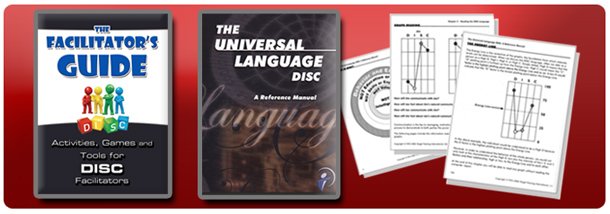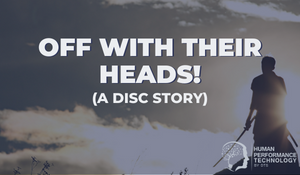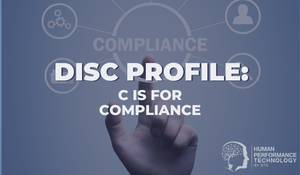DISC Profile: S is for Steadiness
Note: It is important to note we are only talking about the S Style in its "pure" sense. That is, the S Style described in isolation, without considering the effect of the other 3 factors.
Steadiness
This scale measures how you deal with pace and consistency. The higher the score on the S scale, the more steady and consistent the person likes their environment to be. The lower the score on the S scale, the more the person likes their environment to be fast-paced and changing.
High S's are often described as: Phlegmatic, Relaxed, Non-demonstrative, Passive, Patient, Predictable, Consistent, Deliberate, Steady, Stable.
Low S's are often described as: Mobile, Active, Restless, Alert, Variety-Oriented, Demonstrative, Impatient, Pressure-Oriented, Eager, Flexible, Impulsive, Impetuous, Hypertense.
General Characteristics Of The “S” Behaviour
The “S” behaviour has a desire to serve others. They are very supportive and caring toward other people and look to assist, help and work together to make their lives a little easier. The “S” behaviour is known for being there for others in their time of need.
Be it professionally or personally the “S” style is extremely loyal to the important people in their life. They are always thinking about how their actions will affect others. The “S” also expects this loyalty from others. They find it hard to comprehend when other people don’t show the same loyalty.
The “S” behavioural style is one of the most patient and relaxed of the four styles. They are often seen as being non‐emotional and passive because of this. The “S” behavioural style is not easily triggered or explosive in nature, they are very consistent.
A major characteristic of the “S” behavioural style is their need for closure. The “S” style does not like an environment that does not allow them to take their tasks through to completion. The “S” has a real need to complete what they have set out to achieve before they move on to the next task.
For more information
Refer to The DISC Facilitator's Guide (a manual for creating and running DISC training activities) and The Universal Language DISC: A Reference Manual (the only manual in the world on DISC) - provided as part of your DISC Accreditation.

More Information:
Topics:
DISC Profile
Theo Winter
Client Services Manager, Writer & Researcher. Theo is one of the youngest professionals in the world to earn an accreditation in TTI Success Insight's suite of psychometric assessments. For more than a decade, he worked with hundreds of HR, L&D and OD professionals and consultants to improve engagement, performance and emotional intelligence of leaders and their teams. He authored the book "40 Must-Know Business Models for People Leaders."



We Would Like to Hear From You (0 Comments)